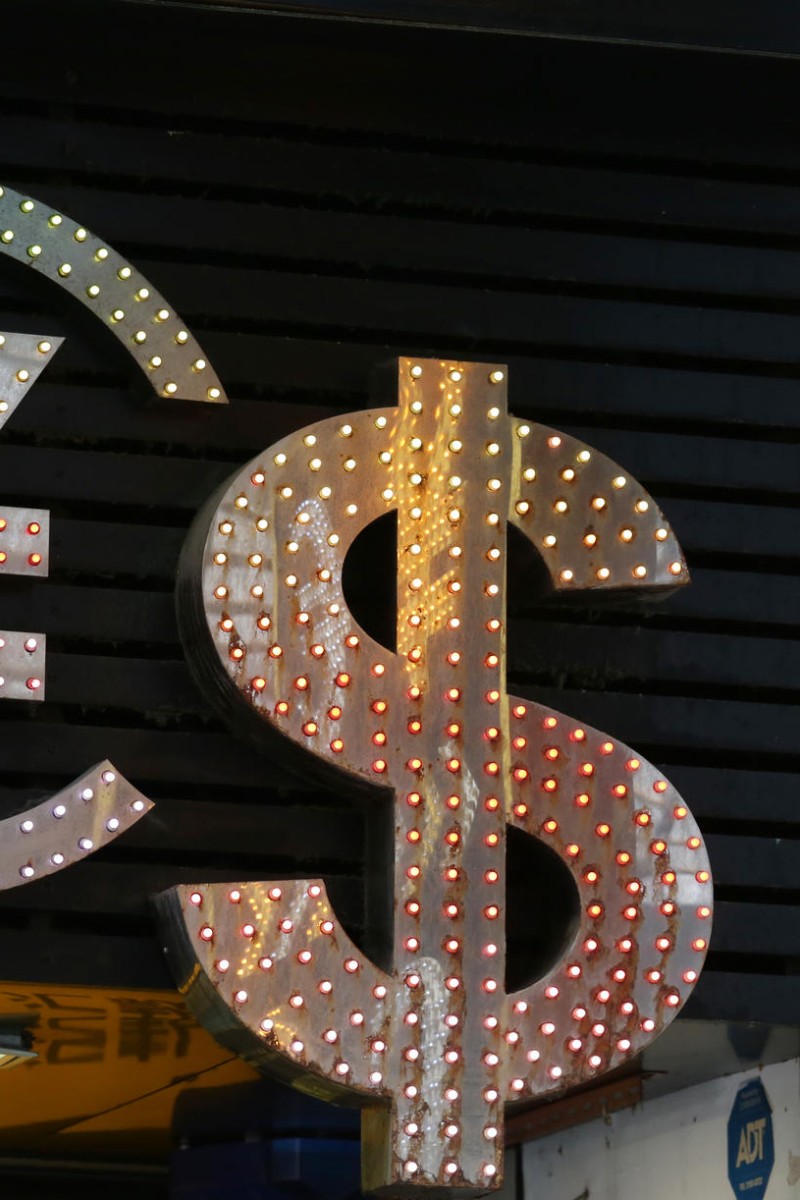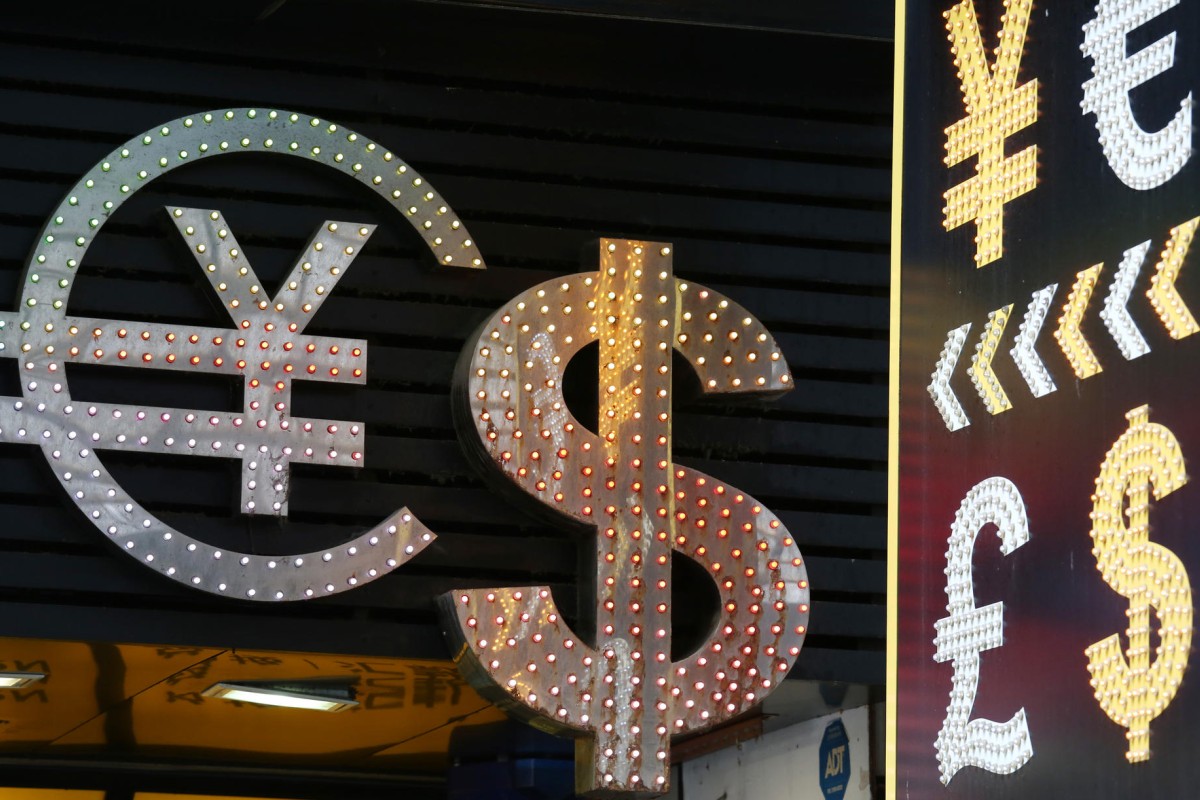
Should we tax the rich and give to the poor? Hong Kong’s inequality is out of control
 Hong kong is home to both billonaires and peoplewho don't have enough to eat each day.
Hong kong is home to both billonaires and peoplewho don't have enough to eat each day.The Gini coefficient is a system used to compare countries’ inequalities. Hong Kong’s score, at 0.53, is the highest it has been in 30 years. Even though costs have increased, graduate salaries have plateaued. Rent prices are the highest they’ve ever been. And there are more than one million people living under the poverty line, who sleep a stone’s throw away from one of the city’s 45 billionaires. Hong Kong has a serious inequality problem.
Some 73,000 Hong Kong residents (the richest one per cent) control wealth that is equivalent to 80 per cent of the GDP (Gross Domestic Product). The richest 10 per cent have wealth equivalent to the combined wealth of 77.5 per cent of the population.
All this should come as no surprise; massively powerful conglomerates, attracted by the city’s low tax rates, flock here to set up shop and exploit our (lack of) antitrust legislation. The “Conduct Rules”, implemented in 2012, seem to have had little effect.
Hong Kong’s Gini coefficient has been rising steadily since the 1970s – almost as if it’s trying to play catch up with our neighbours on the mainland, which has a Gini coefficient of 0.55.
But the statistics don’t tell the whole story: Hong Kong does have to catch up with them. The mainland might not have the best reputation in the world for doing things by the book, but they’re getting one thing right: regulation.
The mainland regulates businesses stubbornly and repetitively, until the point where even Jack Ma, a mainland-born citizen and the brains behind the country’s biggest e-commerce company, Alibaba, famously said that “Alibaba definitely isn’t a company that is too big to fail,” in response to a regulator.
They’ve created an environment where their citizens can’t be preyed upon. There are several ways Hong Kong could create a similarly safe and fair environment – and it doesn’t necessarily mean we have to forget everything we’ve done so far and turn to communism.
Legislators could take a leaf out of Obama’s book and hike taxes for the rich – the implementation of a progressive tax rate is a basic economic strategy that’s widely believed to be effective against inequality.
Another measure the Hong Kong government could take is the formation of a robust and effective antitrust department – for lack of a better word.Singapore has done this quite effectively while maintaining its capitalist reputation, with the Competition Commission of Singapore (CCS) earning plaudits for the way they have handled ferry operators.
Hong Kong needs to stand up and protect its citizens. Whatever the solution, steps need to be taken to make Hong Kong a fairer city. The question is whether the individual greed of a few of the city’s citizens will outweigh the basic needs of many.
